Introduction to Sudoku: A Brief Overview
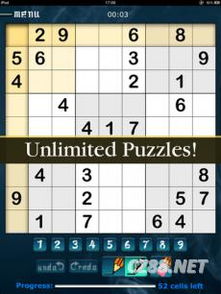
Sudoku, a popular puzzle game, has gained immense popularity worldwide. It is a logic-based number placement puzzle that requires players to fill a 9x9 grid with digits so that each column, each row, and each of the nine 3x3 subgrids that compose the grid contain all of the digits from 1 to 9. This game not only provides entertainment but also enhances cognitive skills such as logical thinking, problem-solving, and concentration.
History and Origin of Sudoku
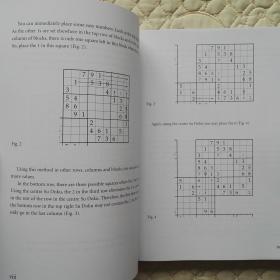
Sudoku originated in Switzerland in the 18th century, with roots in the Latin square, a mathematical concept studied by Swiss mathematician Leonhard Euler. The modern version of Sudoku was developed in Japan in the 20th century and quickly spread across the globe. It has become a staple in newspapers, magazines, and puzzle books, captivating players of all ages and backgrounds.
How to Play Sudoku
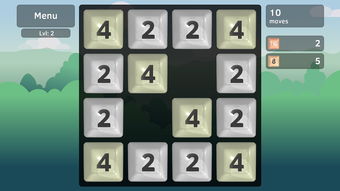
Playing Sudoku is straightforward. Here's a basic guide to get you started:
Start with an empty 9x9 grid.
Fill in the grid with digits from 1 to 9, ensuring that each row, column, and 3x3 subgrid contains all the digits exactly once.
Use logical reasoning and elimination techniques to determine the correct numbers for each cell.
Remember, there can be only one solution to each Sudoku puzzle.
Benefits of Playing Sudoku
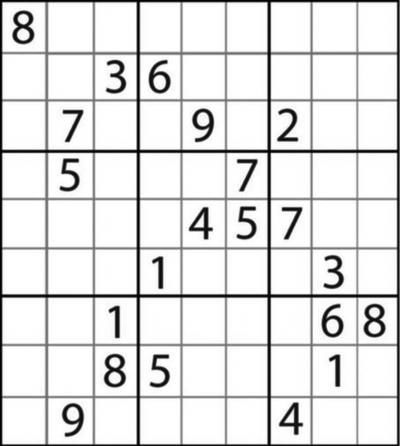
Playing Sudoku offers numerous cognitive and psychological benefits:
Enhances Logical Thinking: Sudoku requires players to think logically and systematically to solve the puzzle.
Improves Problem-Solving Skills: The game challenges players to find creative solutions to complex problems.
Boosts Concentration: Focusing on the puzzle can help improve concentration and attention to detail.
Stimulates Brain Activity: Sudoku can help keep the brain active and engaged, potentially delaying the onset of cognitive decline in older adults.
Reduces Stress: Engaging in a challenging but enjoyable activity like Sudoku can help reduce stress and improve mood.
Types of Sudoku Puzzles
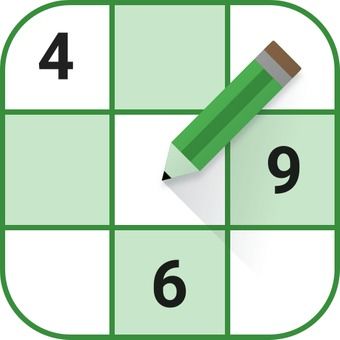
While the classic 9x9 grid is the most well-known, there are many variations of Sudoku puzzles available:
Diagonal Sudoku: This variation requires that the digits 1 to 9 also appear in both diagonals of the grid.
Mini Sudoku: A smaller version of the game, typically a 6x6 grid.
Word Sudoku: Instead of numbers, letters are used to fill the grid, with the same rules applying.
Skyscraper Sudoku: This variation introduces a new symbol, the skyscraper, which represents a building of a certain height.
Where to Play Sudoku
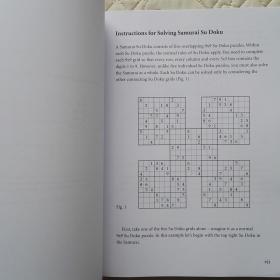
Sudoku can be played in various formats:
Online: There are numerous websites and apps available for playing Sudoku online, offering a wide range of puzzles and difficulty levels.
Printable Puzzles: You can find Sudoku puzzles in newspapers, magazines, and puzzle books. Many websites also offer printable puzzles for download.
Mobile Apps: There are many mobile apps available for playing Sudoku on your smartphone or tablet.
Conclusion
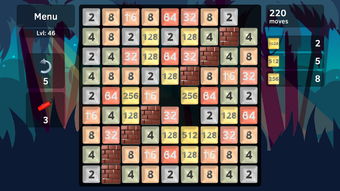
Sudoku is a versatile and enjoyable game that can be played by anyone, anywhere. Its simplicity makes it accessible to players of all ages, while its complexity ensures that it remains challenging and engaging. So, why not give Sudoku a try and experience the benefits of this fascinating puzzle game?
Tags:
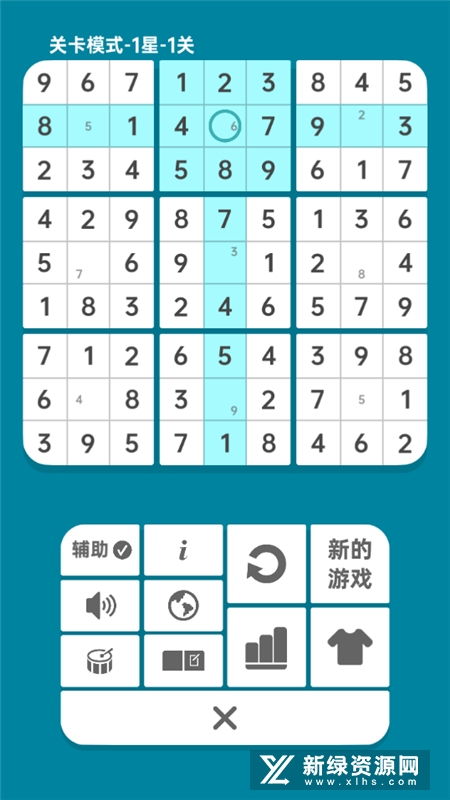
Sudoku, puzzle game, logic, number placement, cognitive benefits, history, types, online, printable puzzles, mobile apps

























网友评论